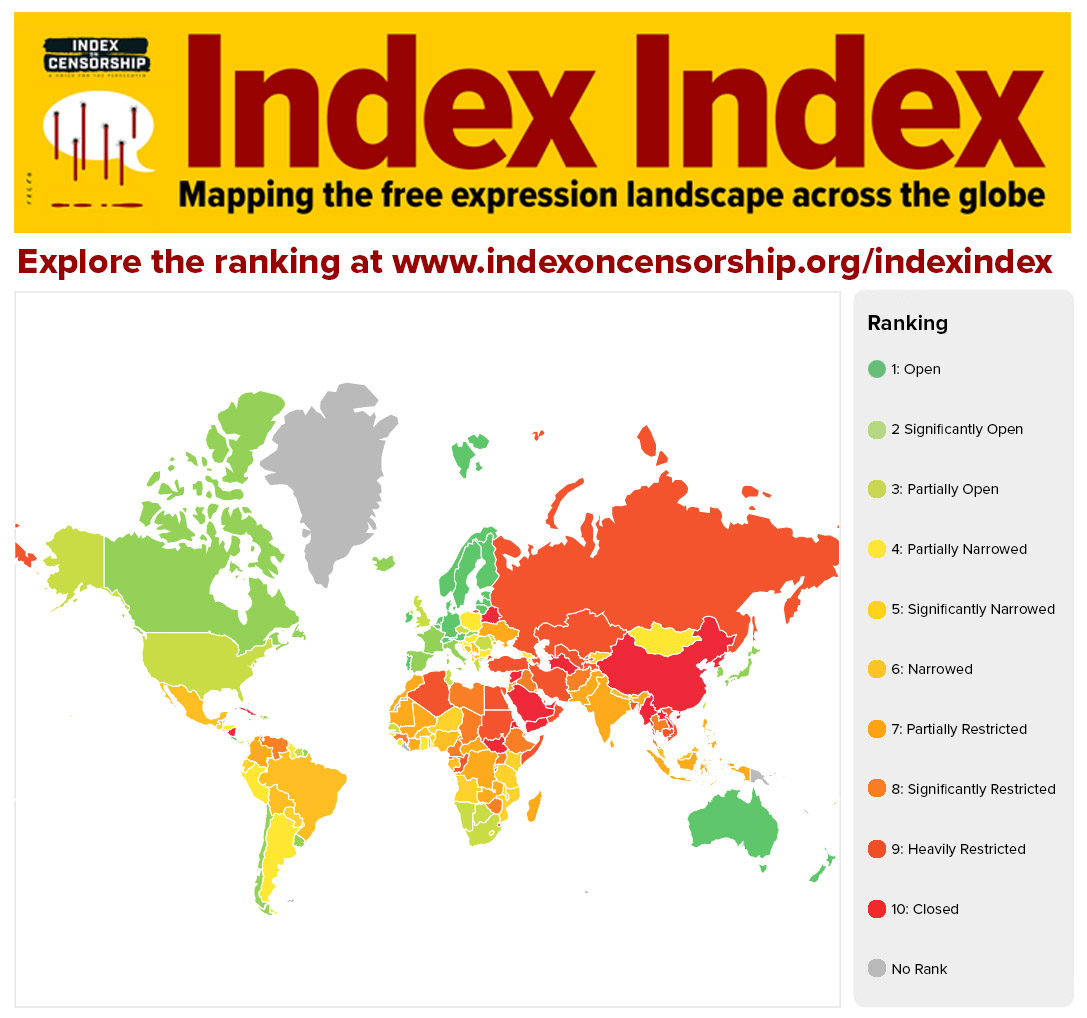Bolivian president Evo Morales has announced a new Telecommunications, Information Technology and Communication Law that establishes new rules for the distribution of radio and television frequencies, the broadcasting of presidential messages, and authorises wiretapping in exceptional cases. Some critics say the law, which was approved at the end of July, will give the state de facto control over 67 percent of the radio and television frequencies due to the Morales administration’s close ties to indigenous and community groups. Meanwhile, journalism organisations have denounced the law, saying it undermines freedom of expression and that wiretapping will affect the public’s right to privacy.
NEWS
Support free expression for all
At Index on Censorship, we believe everyone deserves the right to speak freely, challenge power and share ideas without fear. In a world where governments tighten control and algorithms distort the truth, defending those rights is more urgent than ever.
But free speech is not free. Instead we rely on readers like you to keep our journalism independent, our advocacy sharp and our support for writers, artists and dissidents strong.
If you believe in a future where voices aren’t silenced, help us protect it.
At Index on Censorship, we believe everyone deserves the right to speak freely, challenge power and share ideas without fear. In a world where governments tighten control and algorithms distort the truth, defending those rights is more urgent than ever.
But free speech is not free. Instead we rely on readers like you to keep our journalism independent, our advocacy sharp and our support for writers, artists and dissidents strong.
If you believe in a future where voices aren’t silenced, help us protect it.
At Index on Censorship, we believe everyone deserves the right to speak freely, challenge power and share ideas without fear. In a world where governments tighten control and algorithms distort the truth, defending those rights is more urgent than ever.
But free speech is not free. Instead we rely on readers like you to keep our journalism independent, our advocacy sharp and our support for writers, artists and dissidents strong.
If you believe in a future where voices aren’t silenced, help us protect it.
At Index on Censorship, we believe everyone deserves the right to speak freely, challenge power and share ideas without fear. In a world where governments tighten control and algorithms distort the truth, defending those rights is more urgent than ever.
But free speech is not free. Instead we rely on readers like you to keep our journalism independent, our advocacy sharp and our support for writers, artists and dissidents strong.
If you believe in a future where voices aren’t silenced, help us protect it.
At Index on Censorship, we believe everyone deserves the right to speak freely, challenge power and share ideas without fear. In a world where governments tighten control and algorithms distort the truth, defending those rights is more urgent than ever.
But free speech is not free. Instead we rely on readers like you to keep our journalism independent, our advocacy sharp and our support for writers, artists and dissidents strong.
If you believe in a future where voices aren’t silenced, help us protect it.
By Marta Cooper
READ MORE
-

Major new global free expression index sees UK ranking stumble across academic, digital and media freedom
A major new global ranking index tracking the state of free expression is published today
-

Maldives: Journalist stabbed
A prominent journalist in the Maldives is in a critical condition in hospital after being stabbed in the neck. Ismail “Hilath” Rasheed ...
